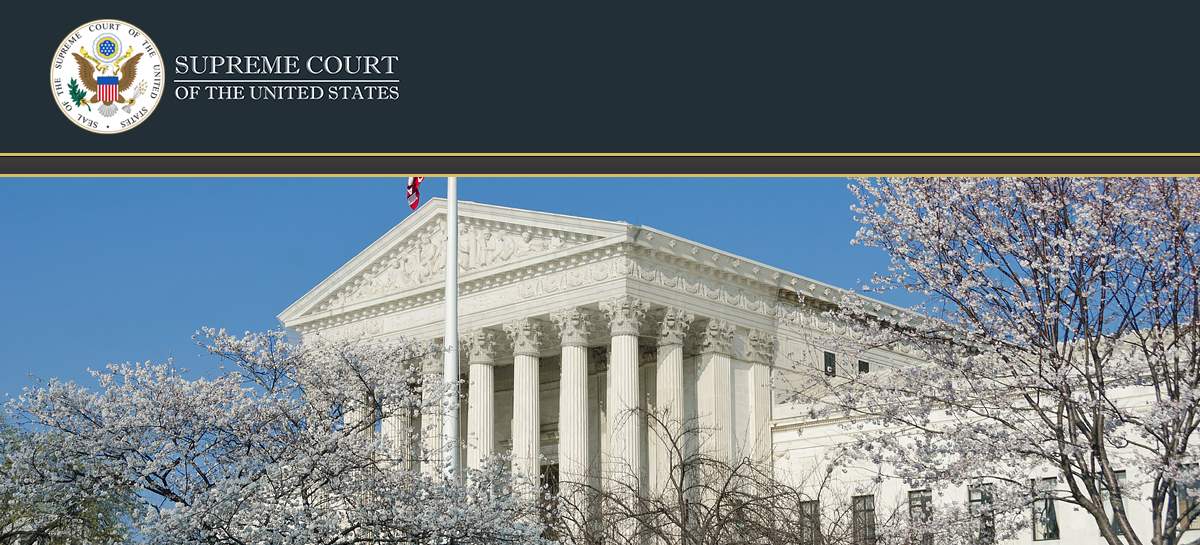
The U.S. Supreme Court issued several consequential decisions as its most recent term ended, including addressing affirmative action programs in college admissions at Harvard University and the University of North Carolina. While these rulings will likely not directly affect employers, they may impact workplace diversity, equity, inclusion, and belonging (DEIB) initiatives, including how organizations promote and implement them.
- Individual Lawsuits – While the Supreme Court’s rulings did not directly address hiring or employment practices, employers may face increased scrutiny over their hiring practices and DEIB initiatives. This will likely take the form of individual reverse discrimination lawsuits, with applicants or employees claiming to be disadvantaged by an employer’s DEIB initiatives. For example, employers that rely on DEIB programs that impact employment decisions could be at a higher risk of potential litigation than those that simply offer employee resource groups (ERG).
- Mentorship Programs, Affinity Groups, and Other DEIB Programs – Some organizations offer mentorship programs, affinity groups (or ERGs), or other DEIB programs to address and strengthen workplace diversity. The Supreme Court’s recent decisions could impact these programs and groups. While it’s unlikely that employers will need to eliminate these programs and groups in light of the rulings, organizations may face legal challenges for limiting program and group membership based on a specific protected characteristic, such as race or gender.
- Affirmative Action for Federal Contractors – Employers who are covered federal contractors are required to engage in affirmative action, meaning they must take action to recruit and advance qualified minorities, women, persons with disabilities, and covered veterans. While the Supreme Court’s decision does not directly impact this requirement, federal contractors should consider reviewing any actions they take to comply with their regulatory obligations to ensure they don’t run afoul of federal law.
The Supreme Court’s rulings come at a time when many employers are exploring DEIB programs. While dialing back DEIB programs is an option, these rulings do not mean employers can’t or shouldn’t have such initiatives. However, organizations may need to be more critical and thoughtful about designing and implementing their DEIB programs.